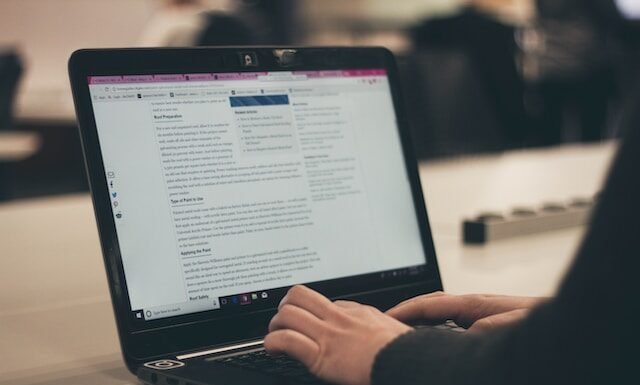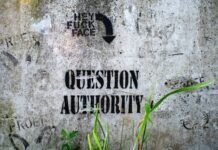Today we are going to talk about the mysterious world of digital privacy because none of us want our online presence to resemble a sieve. So, let’s explore these 7 ways to keep hackers and scammers at Away. Don’t forget to grab your cyber armor before reading this post.
1: Strong Password; Not Your Dog’s Name!
So, you have got your digital treasure chest locked up with a password that is weaker than a soggy cardboard box in the rain. Have you ever done that? Well, many of us did. Hackers have it easy when you are using ‘password 123’ or your dog’s name as your digital shield. So, the only way to protect your digital privacy is to keep a password as strong as a complex puzzle that even Sherlock Holmes cannot solve.
Create a combination of upper and lowercase letters, some numbers, and a few extra special characters. Voila, you have got yourself a fortress that hackers will struggle to breach.
2: Use Two Factor Authentication Because You Are Not A Psychic
Two-factor authentication comes when the most creative passwords are cracked. Two-factor authentication or 2FA is a digital bouncer that checks IDs at the entrance of your digital nightclub. After creating a marvelous and strong password, enable 2FA as an extra layer of protection. When you try to log in with your password, they will send you a unique code on your email address or phone number. You cannot log in without this code. So, even if someone figures out your password, they are simply wasting their energy.
3: Keep Your Software Updated Like Your Digital Live Depends On It
Hackers love it when you are using outdated versions of software applications. It is as if you have left your front door unlocked and inviting the hackers for tea. Software updates work as digital bodyguards that fix vulnerabilities, patch up holes, and protect your defenses. So, when your software notification about an update pops up, don’t neglect it. Update that software because your digital life depends on it.
4: Don’t Open Phishing Emails
Many people have met the classic Nigerian prince who needs your bank account details and he would share his fortune. Everything on the internet is untrue and when it sounds too good, it is even impossible to believe. These types of scammers use phishing emails to trick you into revealing your personal information. Remember that legitimate organizations like banks will never ask for sensitive data through email or text messages. If your “bank” asks for your social security number, delete that message and never trust something like that ever.
5: Never Trust Public Wi-Fi Signals
Public Wi-Fi networks are like a virtual safari which is thrilling but comes with hidden dangers. Hackers love public Wi-Fi networks, and they are always waiting there to pounce on unsuspecting prey. What you should do is not log into sensitive accounts like your bank or email on public Wi-Fi. And if you have to absolutely use it, then use a VPN (virtual public network) to cloak your digital presence. VPN encrypts your data and makes it nearly impossible for hackers to eavesdrop.
6: No Need To Overshare On Social Media
We all like to share a bit of our life with our friends on social media, but when you overshare, that is how the privacy nightmare appears. Those seemingly harmless things that you share on your Facebook and Instagram, are golden nuggets for scammers looking to reset your password. So, whenever you are sharing something on social media, make sure to not post juicy stuff like your grandma’s secret recipe.
7. Cover Up Your Webcam
This one might give you nightmares for a week, but we have to say it: your hackers are spying on you through your webcam while you are watching Netflix in your PJs. So, the best thing you can do is cover your webcam with a dedicated cover or tape and stay safe than sorry.
Conclusion
So, these are the 7 ways to protect your digital privacy from hackers and spammers. When you are in the digital jungle, remember this one thing: it is the survival of the cyber-fitness. When you have strong passwords, 2FA on, and not using public Wi-Fi, you are safer than most people online.













